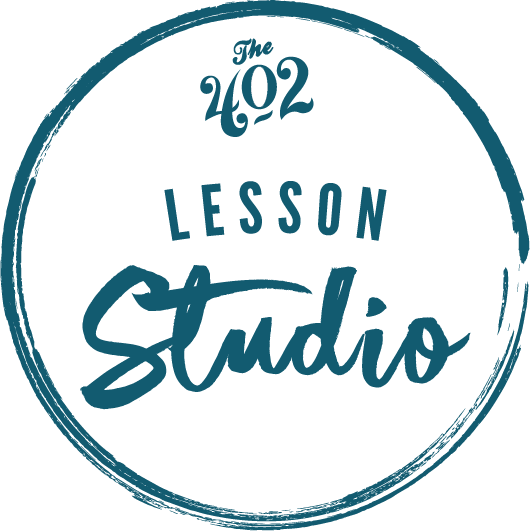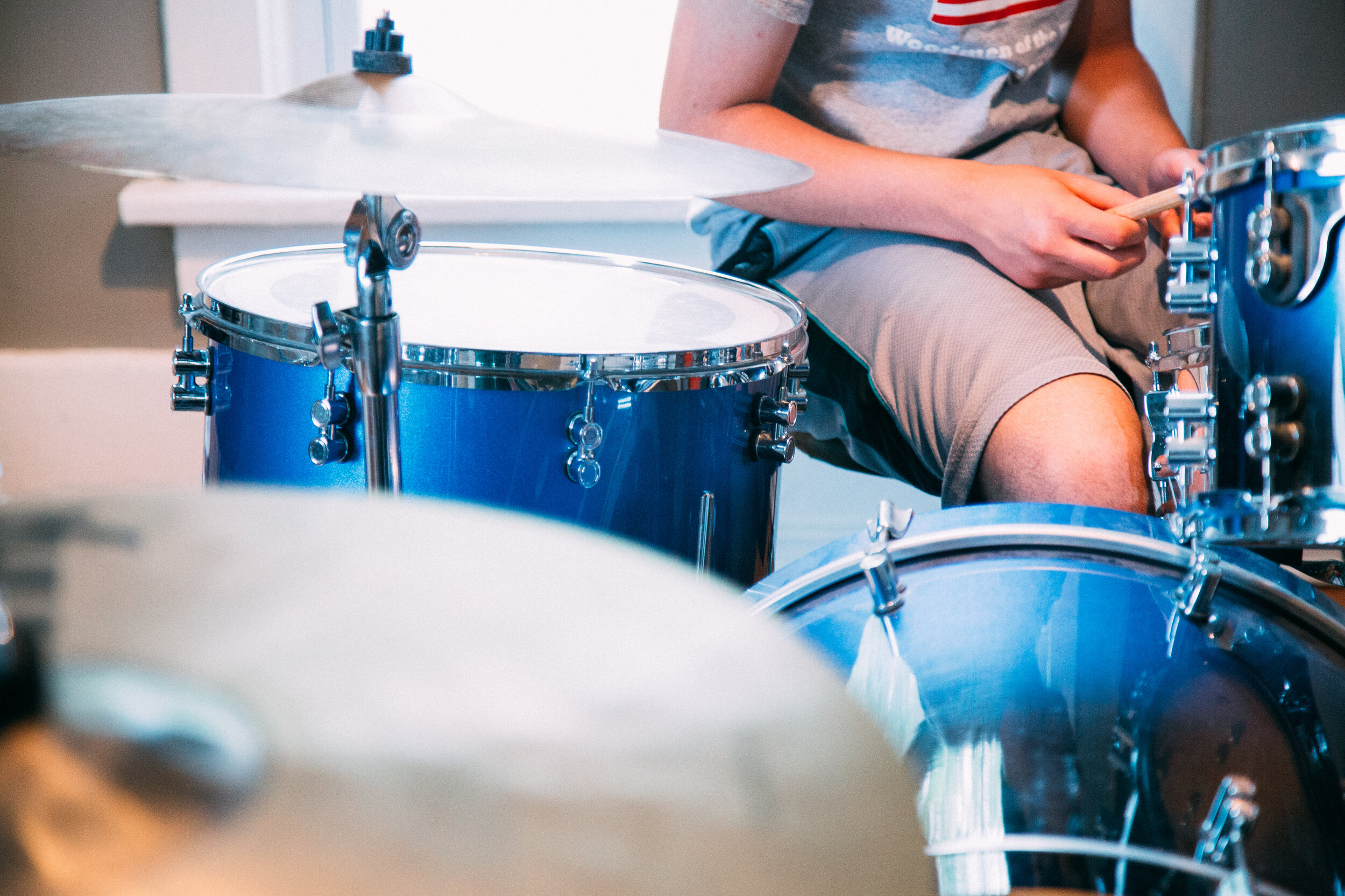Arts Education teaches important life skills
I remember the terror I experienced in my first 4th grade concert. I had never been stared at by such a large group of people before! I was totally exposed; I didn’t have my mom to hide behind. But I made it through! A dozen of us nervously played “Row Row Row your boat” on our recorders, and we received reassuring applause when we made it to the end. Fast forward through the next 10 years of playing in different bands, and I’d become accustomed to being in front of an audience, and had grown to actually enjoy the challenges which came with doing so. I don’t think I would have ever gained the level of personal confidence those experiences gave me, had I not been exposed to the type of challenges they presented.
As a child, being part of a group like our little recorder class made that type of experience “safe” for me. I could look around and be reassured that I wasn’t the only one on stage; we were experiencing the event together. That fact bolstered my initial fledgling confidence - confidence which then continued to grow (and gain more grounds on which to stand) as I continued playing with and performing for others.
In addition to being a valuable confidence-builder, training in the arts also develops a child’s self-discipline. Of course, there are several ways to develop this skill; however, music and art students have the additional benefit of receiving immediate feedback. When a skill is practiced and developed on a consistent basis, the payoff from the student’s self-discipline - required for such consistency - becomes evident. The drawings are noticeably better, or the complicated section of music is conquered. Their discipline leads to mastery of the skill, and the student makes the connection that “hard work pays off”; that practice leads to mastery.
As the student continues reaching new levels of mastery, their appreciation for attaining standards of “excellence” within their art form increases as well. For example, when an accomplished artist sees a famous museum piece, they first recognize the excellence in the painting; second, they appreciate the years of discipline which is indicated by said excellence. That understanding of, and appreciation for, excellence within their own art form then encourages a greater sense of discipline and desire for excellence in the other areas of the student’s life as well.
Finally, training in the arts fosters within the student the ability to act as an active, contributing participant within larger groups. There are many life skills which be learned in “solo” mode; however, learning to perform as part of a team is a valuable asset for children and adults alike, and is an ability which brings with it its own unique skill set. As the student is learning the value of being part of a larger ensemble within the arts environment specifically, I would hope they would begin having some of the following thoughts:
“It’s not always just about me. I want to perform in a way that adds value to the group.”
“I need to listen carefully, so that I don’t miss an important instruction/piece of information.”
“I have to adjust my volume and my pitch so that my part fits well with the others’.”
“Sometimes I need to let others take the spotlight, so they can perform their solos as well.”
“When it’s my turn to solo, I’ll be prepared, and I’ll give my best.”
The arts provide an ideal environment in which these values may first be introduced and grasped. As the student continues to grow and mature, these values and skills will then translate directly into adult life. A well-rounded student learns that “it’s not always about me”. They understand that they add value to their community through careful listening and gracious engagement, and by encouraging others in their strengths.
As parents, we are always searching for safe experiences that will move our children forward in life and prepare them to be fully-functional, successful adults. For the students who show a bent towards creativity, the world of music and art education is full of rewarding experiences which teach a number of important life skills.
If you are interested in music and art education, check out the different opportunities available at www.the402.org


